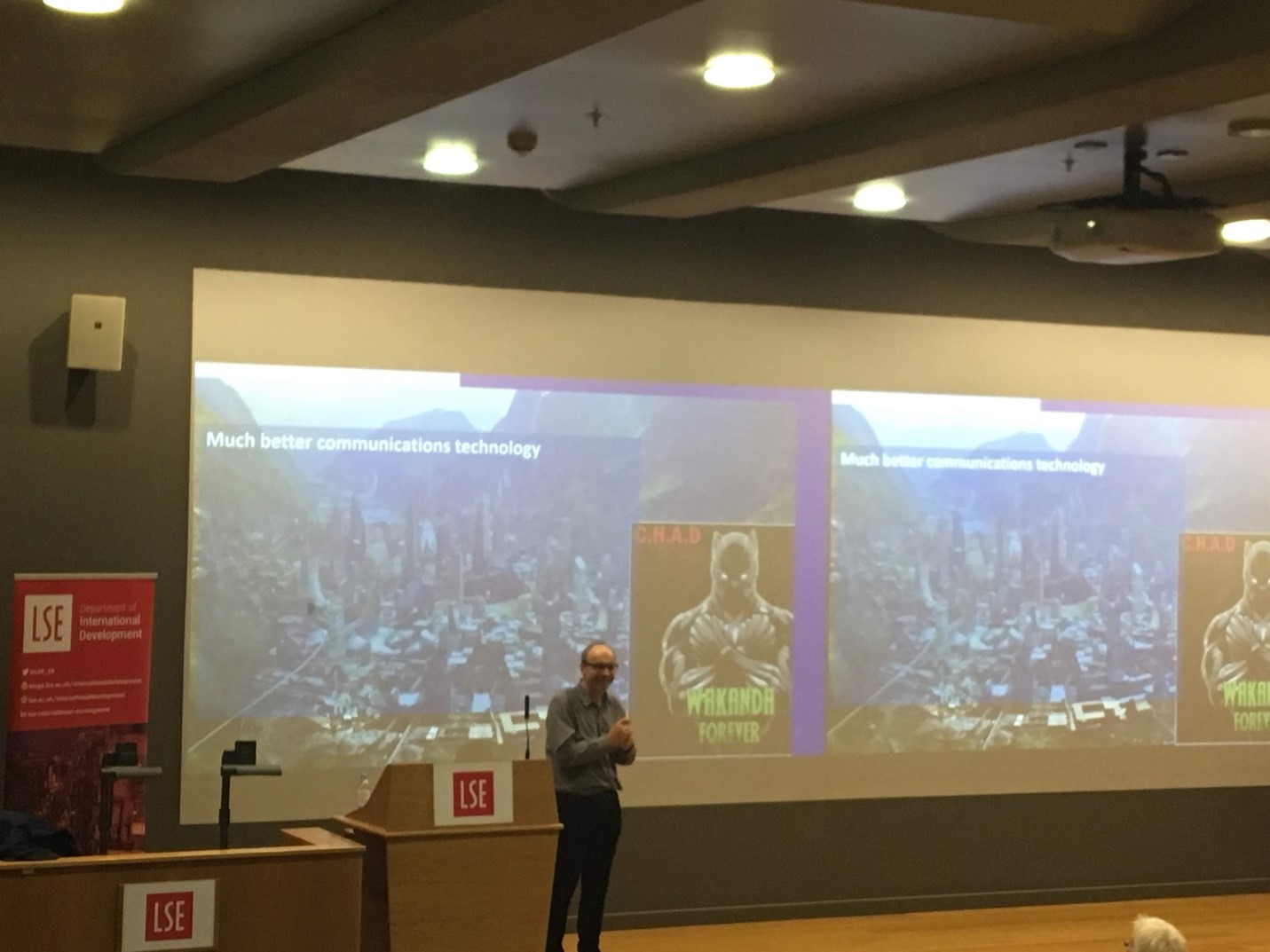How are Italians seen by strangers in the world? Are these stereotypes verified by us, real Italians?
After attending a blogging workshop by Dr Duncan Green, aimed at our final preparation for the DV455 course, I was inspired to write a blog. I was completely new to this genre of writing, and the hardest part was coming up with an idea that was appealing enough. Then, I realized that my nationality could help me out in this first attempt. In fact, it is not unusual walking around LSE to hear different accents and diverse languages being spoken. The beauty of our university, and particularly of our International Development Department as a whole, is precisely its character of internationality and the presence of a melting pot of diverse cultures and of preconception in it.
As being myself, an Italian exchange student who experienced three times in her life the critical juncture of changing everything and going study abroad in another country, with another culture, and brand new people; I can assure you guys, I’ve heard so many different stories and ideas from the people around me…
“So, Giulia, I can hear that accent, you are Italian right?”
… and from then on it is attached to you. That little sticky label targeting you as ‘the Italian’ with all the attached implications.
In that first meeting, many are the traits they give you, the skills they assume you know by birth, and the implicit personal and familiar backgrounds affiliated with you. I thought they were only stereotypes but, when I experienced them myself, I realized that it is way more than that and we cannot help it. Stereotypes sometimes are inevitable; they are built inside of our human nature, and we cannot avoid submitting ourselves to those repeated ideas we have heard ten thousand times in several forms while getting to know new people whom we have no clue about.
“Can you cook me some good pasta or pizza? I am craving it!” / “But how can you eat all those carbs every day, isn’t it bad for your health?”
I think I’ve been asked this question an uncountable number of times. And yet – spoiler – every time I’ve disappointed them. I cannot cook, I am like the furthest thing from an expert cook and, also, I cannot properly digest gluten. So yes, not very good for an Italian citizen. It sucks. Also, amongst my Italian friends, it is rare to find a person who can cook super good Italian food or has the dedication to commit to that. Grandmothers are the most dedicated cooks, my grandma was a Pro (I miss her lasagne a lot to be honest); our generation, hardly does.
“Oh, so you must be Catholic, and go to church every day” / “But of course, you can speak Latin fluently, right? Wait, do you speak Latin with your family?”
Yes, I must admit, I received these questions mostly in the continent of North America (the home of, stereotypically, the most famous and smart people in the world). Each time I found it hard not to laugh in response. They were rarer questions than the other common ideologies on Italian people but still, the assumption that we are all ‘church people’ and we love God because we are the country of the Catholic Church and the site of the Vatican, is only a stereotype. I do have to say that I am Catholic, but I only know maybe two people (really by number) who are religious among all my friends in Italy. And, yes, it is a low number, I can assure you. Recently, our generation has become more commonly atheist, and rarely do you find people of our age who are as committed to church and religious practices. Some Italian guys might not even know where Vatican City is or what its role is.
“Can I ask you? I don’t know if you mind eh, do not take any offense from that but… do you have any affiliations with Mafia?”
OK guys, can we stop this? Yes, it is true, we have had and still have some illegal stuff going on in our country, but where doesn’t? And, also, statistically, how can we all be ‘Mafiosi’? If everyone was part of the Mafia in Italy, how could it be a secret and restricted group of people acting illegally and violently? We are not, obviously. I do not know anyone affiliated with the Mafia or have any family members in it.
So yes, I can say that the majority of the stereotypes we are given as being Italians are just… stereotypes. They can be fun and can even make you laugh. But if they are taken seriously, it is better to avoid them and turn around and meet someone else who is more open minded. And it’s not just Italians who have to face stereotypes – not all the British love tea and eat fish and chips (honestly, I’ve spent two months in London, and I have never seen anyone eating any). Taking that into account, to all those studying in such a competitive and enlightened University as the LSE; why don’t we just try our best to remove this eye-covering we have on and simply open our minds a little bit more?
Particularly for us, students of Development; fighters to end inequalities and to learn from diversity, I would suggest that we drop the stereotypical lens for a bit and ‘develop’ our sight to feast our eyes on the beauty of diversity.
The views expressed in this post are those of the author and do not reflect those of the International Development LSE blog or the London School of Economics and Political Science.
Image credit: Giulia Presutti






I’m an Italian girl and I laughed a lot reading this article because I really didn’t think there could be so many people who think things like this: “Do you speak Latin with your family?”. Giulia managed to explain the reality of things in a delicate and entertaining way, encouraging people to try to overcome these, sometimes sad, stereotypes.